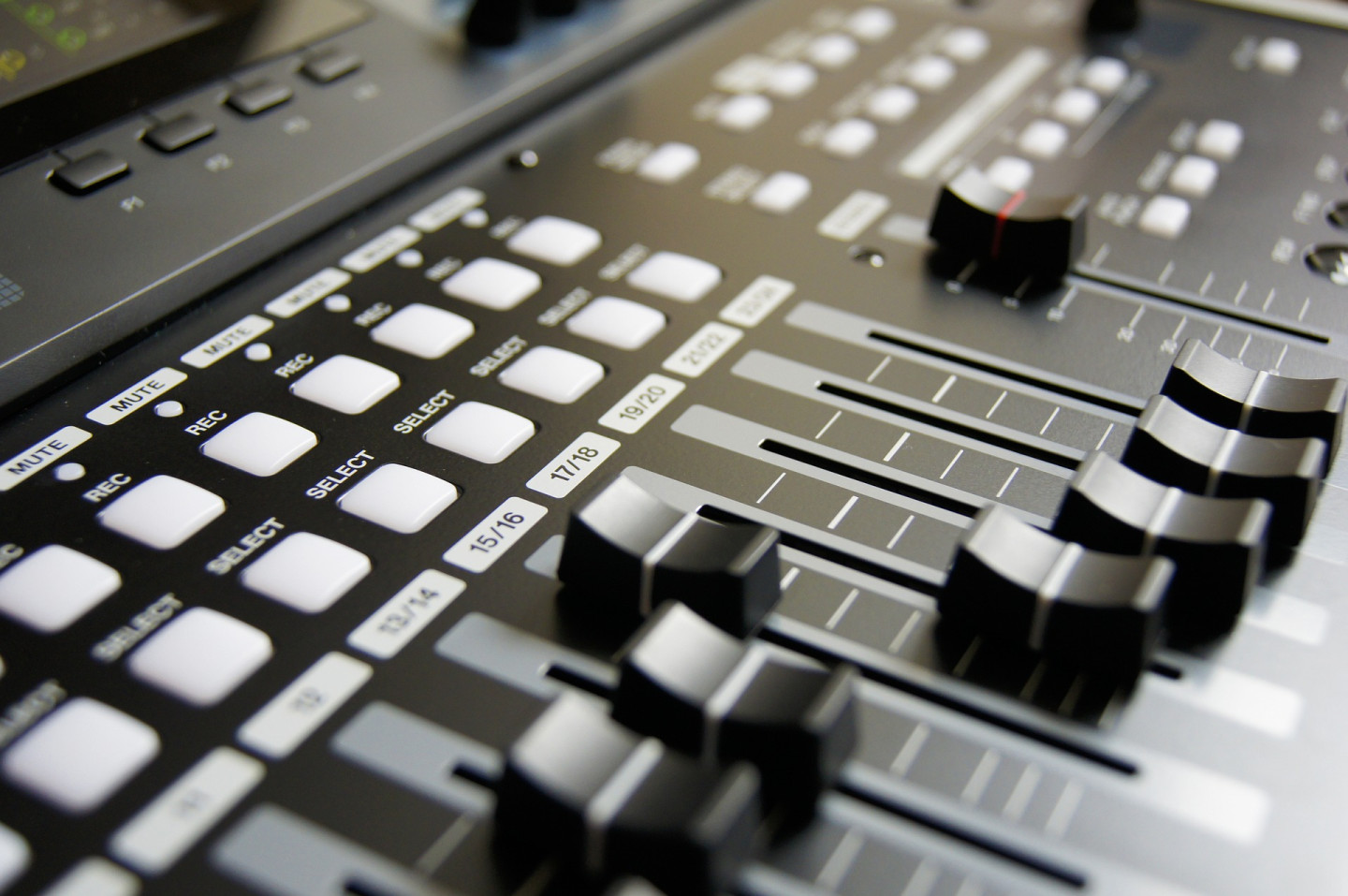Working With A Sound Technician For Events
Part of successful event planning is being a jack of all trades. When it comes to the audio at your corporate or private event, however, you probably need help. Even if you understand that you lack the skill set to handle your own event audio, it’s scary to hand it over. How do you stay involved in the process if you know nothing about sound tech?
First of all, don’t worry. You’ve got enough on your plate; you don’t have to run your own sound too. In about 3 minutes you’ll have the knowledge you need to pick the right sound technician and plan together for an awesome event.
Don’t Check Out On Your Sound Technician For Events
You don’t need to teach yourself sound engineering but you should learn enough to advocate for your needs. Assuming your sound technician is a full-blown A/V Professional, they’ll handle lights as well as audio, if necessary. Live A/V support involves lighting rigs, projection systems, public address (PA) systems, conference microphone devices and wireless microphone systems.
With that in mind, what equipment do you think your event needs? Think about the experience from start to finish and do a mental walk-through before meeting your A/V candidates. Try to communicate these needs to your engineer.
Do your presenters have demonstratives? Providing this information to your sound technician elicits their advice about showcasing them to the fullest.
What does your audience want out of the experience? Fill your A/V engineer in on their expected level of immersion and participation. They can help you make that happen with wow factor techniques like projection mapping.
Are two presenters ever speaking at the same time in different rooms? Are you hosting a Q&A with the audience? Logistics like this affect the equipment your sound company will provide. Your engineer may want to see the space and house equipment if they’re unfamiliar with your venue.
While the right A/V professional will ask you these questions, you should be prepared to prompt them if necessary.
Be Curious And Courteous With Your Sound Technician For Events
It goes without saying that you and your A/V team are in partnership and the goal is a successful event. Each side should be engaged, open and polite if not downright friendly. The tone we communicate questions and concerns with is important when collaborating. It preserves the creative energy of the interaction.
That being said, asking lots of questions is also important! Don’t hesitate to ask for clarification, advice, suggestions, and recommendations. Your A/V team have the experience and knowledge to be an asset to you.
Don’t pretend you understand technical details because you’re intimidated or don’t want to annoy your engineer. It shouldn’t be a big deal for your contractor to explain things to you in less technical language so you remain involved. It’s also a bad idea to put off your questions because it could change the way your techs handle your sound and lighting.
Involve Your Presenters In The Planning With Your Sound Technician For Events
Your presenters are also experienced and that can benefit you. Ask your presenters about their specific A/V requirements to guarantee their presentations sound and look the way they expect.
They could need a wireless microphone for demos, for instance, or a projector for slides. Don’t find that out during their presentation. Be proactive and get the information you gain to your AV contractor as soon as possible.
Create A Contingency Plan With Your Sound Technician For Events
No event planner wants to hear this, but sometimes things go wrong at live events. Make troubleshooting and backup options a part of your planning sessions. You’ll already have a plan in place to remedy it quickly.
The better you anticipate these issues the faster you can remedy them.
Meet Your Sound Technician’s Team
Unless your event is very small, you’ll have several sound and lighting people on the job. Request a verbal walk-through of responsibilities to understand who does what.
Here’s a little cheat-sheet to get you started.
What Is A Front-of-house (FOH) Engineer?
The FOH controls the overall house sound for your attendees. They often position themselves at a sound console in the middle of the audience to get the best sound vantage point. They’re responsible for optimizing everything attendees hear.
What Is A Monitor Engineer?
There are two somewhat separate sound systems happening at most live events: stage sound and room or house sound. Presenters and performers can’t hear themselves the same way the audience does, so they get their own speakers on the stage or fit in their ear. These speakers are called monitors. They’re mixed independently from the house sound.
You’ll usually find the monitor engineer in the wings or backstage.
What Is An Audio Assistant?
These assistants set up, breakdown, swap and monitor technical equipment as needed.
Want To Meet The Diamond Sonic Team?
Do you feel better communicating effectively with your A/V technician? It’s ok to hand over the reins but not to stick your head in the sand. Together, you can plan an incredible experience where media supports but doesn’t outshine your objective.
Need help with lights and sound at your event? Call or email us today to talk more! You can reach Diamond Sonic at (888) 674-6198 or email us at info@diamondsonic.com.



Recent Comments